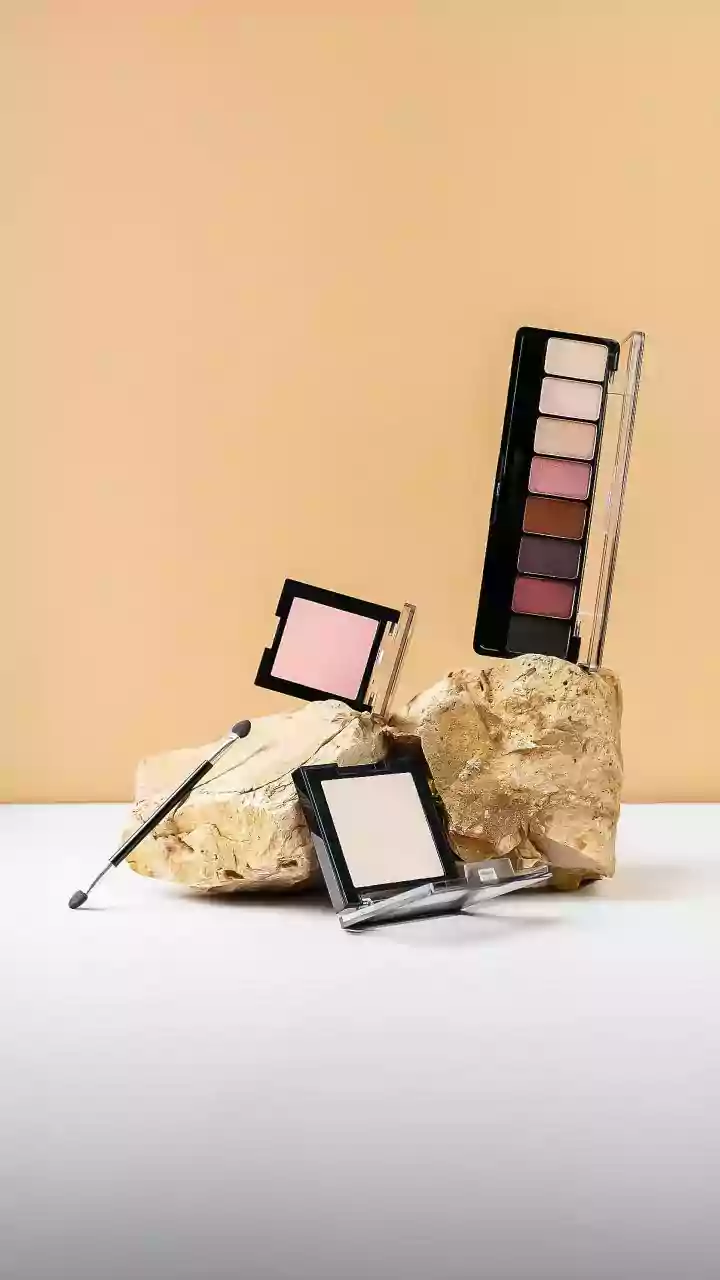Myth: Food Causes Acne
A common misconception is that the food you eat directly causes acne. The dermatologist clarified that while certain foods might exacerbate acne for some
individuals, they aren't the primary culprit. The true causes are more complex and interconnected. This myth has led to a lot of unnecessary dietary restrictions that may not even help and miss the real causes of acne development. It is time to consider what truly causes acne.
Myth: Acne Is Contagious
Acne is often mistaken for being contagious, like a cold or the flu. However, the dermatologist emphasizes that acne is not spread through casual contact or sharing personal items. The breakouts happen due to clogged pores and other internal factors. The dermatologist explained that the development of acne is based on a combination of genetic predispositions, hormonal fluctuations, and bacterial activity within the skin. Therefore, the idea that you can “catch” acne from someone else is incorrect.
Myth: Only Teens Get Acne
Another myth is that acne is primarily a problem for teenagers. Adult acne is surprisingly common, and the dermatologist explains that it affects people of all ages. Factors such as stress, hormonal changes, and certain skincare products can trigger breakouts in adults. There are many things in an adult's lifestyle that can be a trigger for acne development. Even though teenagers might experience acne at some point in their lives, adults are more and more affected by breakouts and acne-related issues.
Myth: Harsh Cleaning Helps
Many believe that vigorously scrubbing the skin will clear up acne. However, the dermatologist warns that excessive cleansing and using harsh scrubs can be counterproductive. This kind of cleaning strips the skin of its natural oils, leading to irritation and potentially worsening the condition. This approach can disrupt the skin's natural barrier function, making it more susceptible to inflammation and breakouts. Gentle cleansing with appropriate products is crucial. It should involve using products that don't strip the skin and are suitable for your skin type.
Myth: All Acne Is Equal
The dermatologist also clarified that not all acne is the same and it needs different treatments. There are various types of acne, from blackheads and whiteheads to inflammatory lesions like pimples and cysts. The causes and best courses of action vary depending on the type. Understanding the specific type of acne is critical for effective treatment. Consulting a dermatologist is essential to get an accurate diagnosis and develop a personalized skincare routine.




















